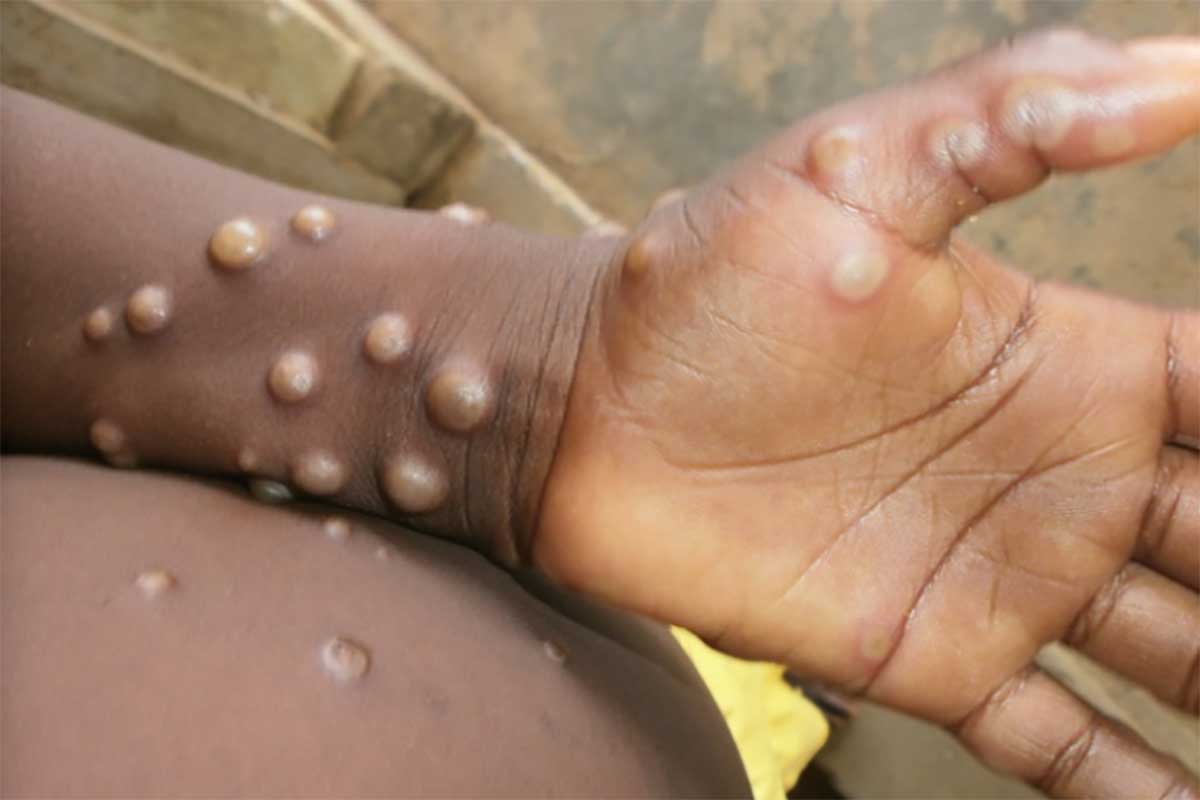
By Dolly Yasa
BACOLOD City – The provincial and city governments of Negros Occidental and Bacolod City are bracing for the monkeypox threat though no cases have been reported in both areas yet.
The World Health Organization declared monkeypox on July 23 as a “public health emergency of international concern.”
Provincial Health Officer Dr. Ernell Tumimbang said they are activating the Provincial Infectious Disease Action and Control Council (PIDACC) as part of pre-emptive measures taken by the provincial government.
PIDACC will focus in addressing emerging and reemerging diseases, such as those caused by viruses, among others. It is chaired by Gov. Eugenio Jose Lacson, with the Provincial Health Officer as vice chairman.
The DOH has also confirmed the first case of monkeypox in the country, which involved a 31-year-old Filipino who returned to the country from an overseas trip on July 19.
“We need to set the preparations for that,” Tumimbang said.
He said the hospitals and local government units should be prepared.
Tumimbang added that the focus right now is on advocacy, monitoring and surveillance, which is the meat of the preparations.
Tumimbang said PIDACC will meet this week, with the approval of Gov. Lacson, to make recommendations on guidelines and protocols from the region down to the barangay level, and for preparation of logistics.
Meanwhile, in Bacolod City, the Sangguniang Panlungsod has requested the Bacolod City Health Office or Mayor Alfredo “Albee” Benitez to intensify information dissemination drive to all Bacolodnons against the risk imposed by the monkeypox virus.
The resolution authored by Councilor Claudio Puentevella, SP chairman of the Committee on Health, said the World Health Organization described Monkeypox as a rare disease caused by infection with the monkeypox virus.
The monkeypox virus is part of the same family of viruses as variola virus, the virus that causes smallpox.
Transmission can occur from direct contact with blood, body fluids, or cutaneous or mucosal lesions of infected individuals, it said.





















